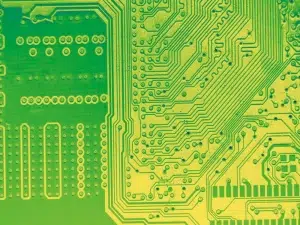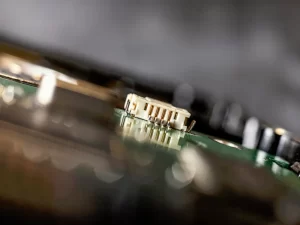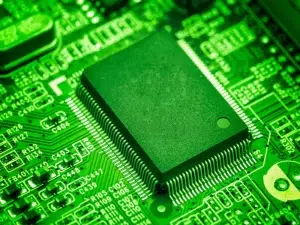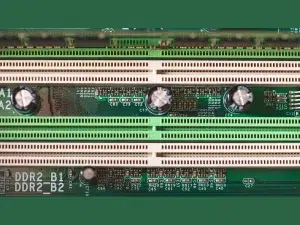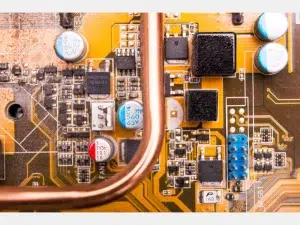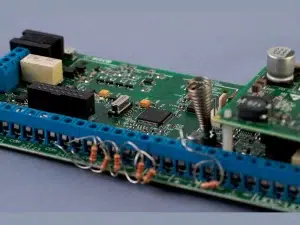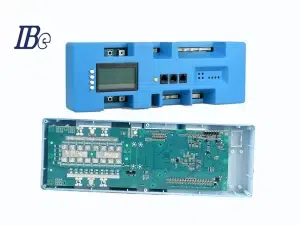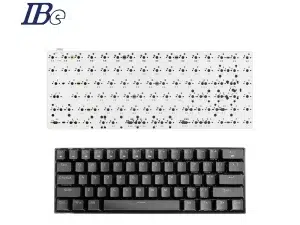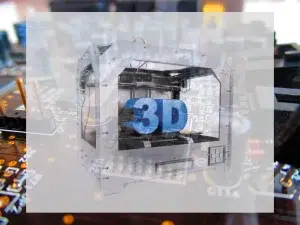PCBs in electronic products are an integral part of modern electronic equipment. Copper thickness is a very important factor in the PCB manufacturing process. The correct copper thickness can ensure the quality and performance of the circuit board, but also affects the reliability and stability of electronic products.
Generally, the common copper thickness is 17.5um (0.5oz), 35um (1oz), 70um (2oz)
| Ounces | Thickness |
| 1/3 OZ | 12um |
| 0.5 OZ | 17.5 um |
| 1 OZ | 35 um |
| 2 OZ | 70 um |
Impact on the electrical conductivity of the board
Copper thickness determines the electrical conductivity of the board. Copper is an excellent conductive material, and its thickness directly affects the conductive effect of the (printed circuit board PCB). If the copper layer is too thin, the conductivity may decrease, resulting in attenuation of signal transmission or instability of current.
If the copper layer is too thick, the electrical conductivity will be good,but it will increase the cost and weight of the circuit board, and it will easily lead to serious adhesive flow, and the difficulty of circuit processing of thin dielectric layer will increase. Therefore, it is generally not recommended to make 2oz copper thickness.
In PCB manufacturing, it is necessary to select the appropriate copper thickness according to the design requirements of the printed circuit board and the actual application to achieve the best conductive effect.
Impact on the heat dissipation performance of the circuit board
Secondly, the copper thickness also has an important impact on the heat dissipation performance of the circuit board. As modern electronic devices become more powerful, more and more heat is generated during their operation.
Good heat dissipation performance can ensure that the temperature of electronic components is controlled within a safe range during operation. The copper layer is used as the heat conduction layer of the circuit board, and its thickness determines the effect of heat dissipation. If the copper layer is too thin, heat may not be conducted and dissipated effectively, increasing the risk of overheating of components.
Therefore, the copper thickness of the PCB should not be too thin. During the PCB design process, we can also lay copper in the blank area to assist the heat dissipation of the PCB board. In PCB manufacturing, choosing an appropriate copper thickness can ensure that the circuit board has good heat dissipation. performance, to ensure the safe operation of electronic components.
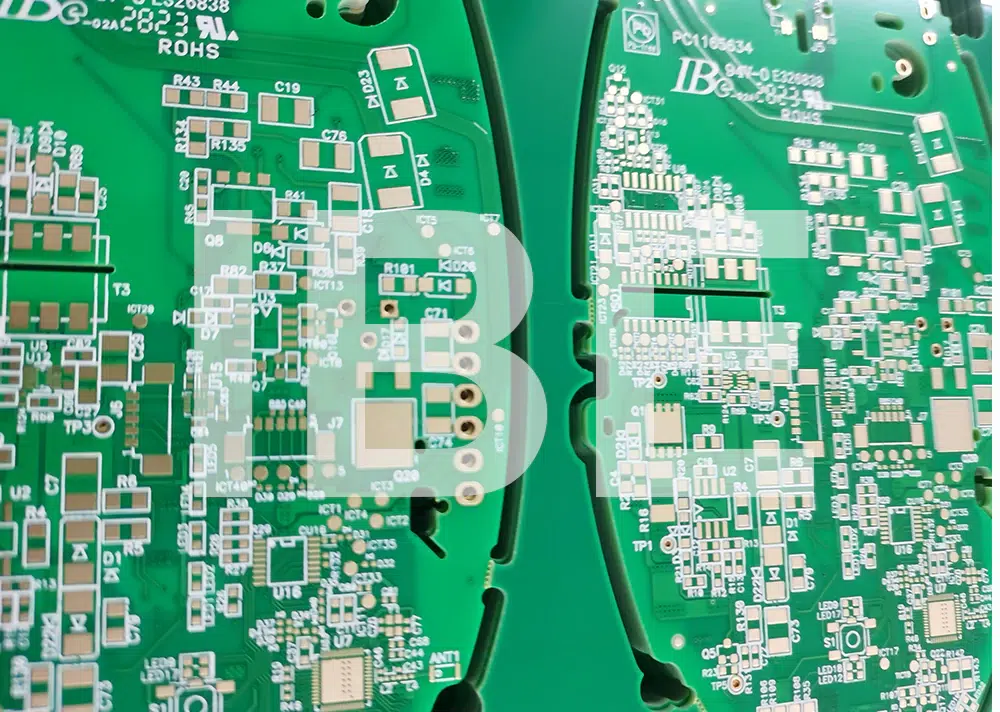
Impact on reliability and stability of the circuit board
In addition, copper thickness also has an important impact on the reliability and stability of the circuit board. The copper layer not only acts as a conductive layer and a thermally conductive layer, but also a supporting and connecting layer of the circuit board. Proper copper thickness can provide enough mechanical strength to prevent the board from bending, breaking or de-soldering during use.
At the same time, an appropriate copper thickness can ensure the soldering quality of the circuit board and other components, reducing the risk of soldering defects and failures. Therefore, in PCB manufacturing, choosing the appropriate copper thickness can improve the reliability and stability of the circuit board and prolong the service life of electronic products.
Conclusion
To sum up, the importance of copper thickness in PCB manufacturing cannot be ignored. The correct copper thickness can ensure the electrical conductivity, heat dissipation, reliability and stability of the circuit board
In the actual manufacturing process, it is necessary to comprehensively consider factors such as circuit board design requirements, functional requirements, and cost control to select an appropriate copper thickness to ensure the quality and performance of electronic products. Only in this way can high-quality PCBs be produced to meet the needs of modern electronic equipment for high performance and high reliability.

